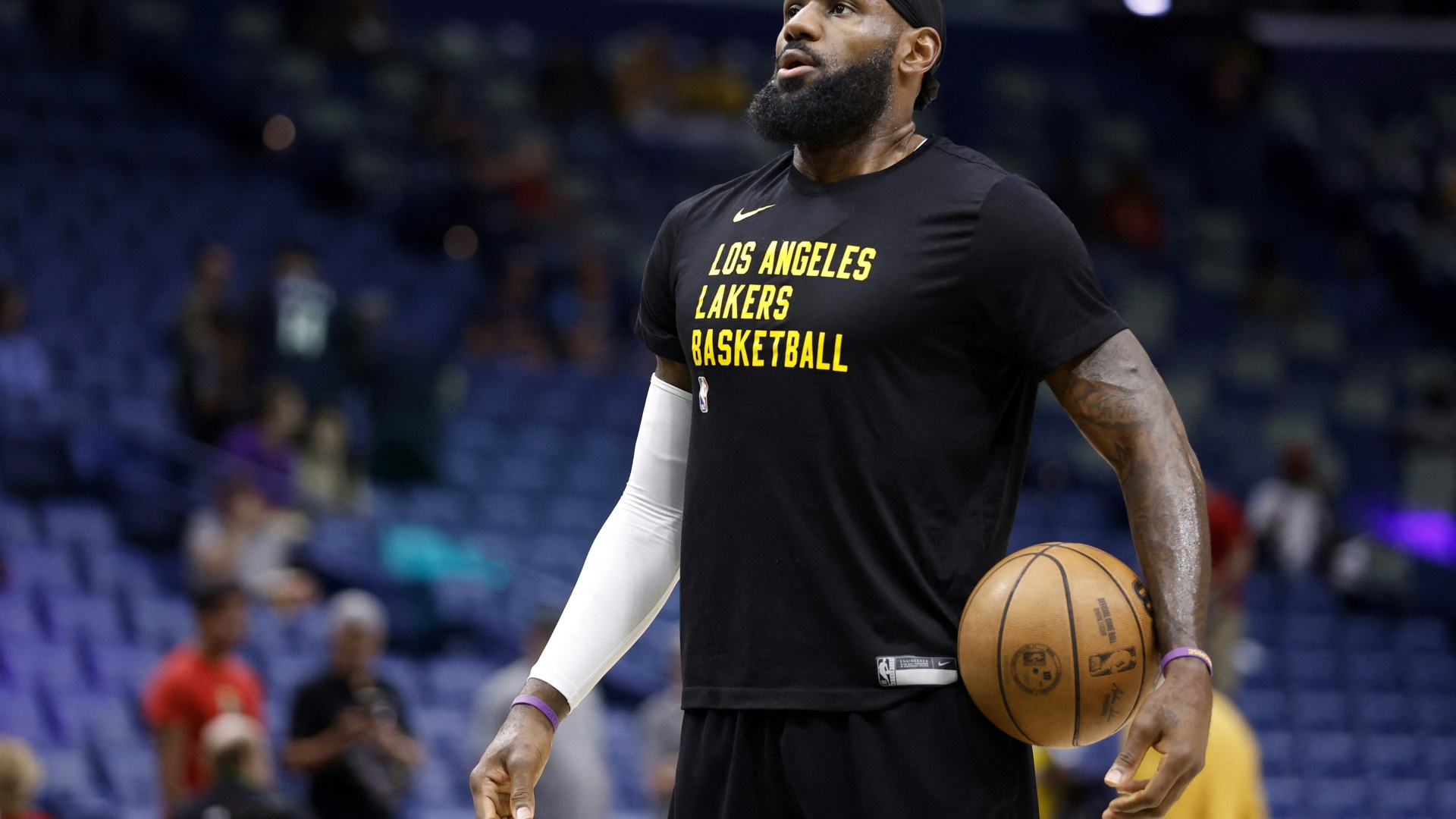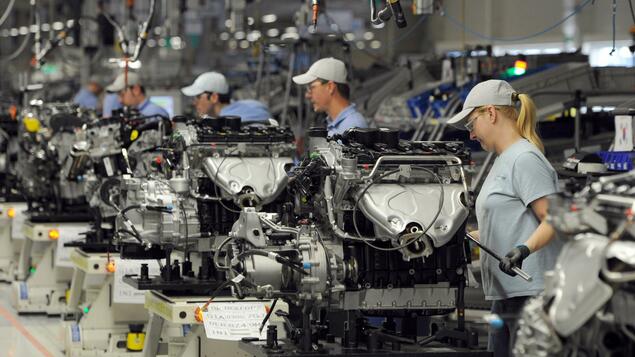The common man is surprised, and the German union specialist is amazed: American employees are voting against forming a union in their company, as just happened in Amazon in Alabama? It cannot be done with the right things.
Then there is talk of unacceptable pressure from employers. At least in reports from the German and European media. People who live in the United States are less likely to be surprised. There are workers, especially in the southern states, who speak out fairly regularly against union organizing. This kind of pressure does not have a reputation as the case in Germany for decades of successful partnership in collective bargaining.
Volkswagen learned this at its new plant in Chattanooga, Tennessee. The group has good experience with representatives of the regulated employees in several countries. But the Manpower in Chattanooga United Auto Workers (UAW) applications were denied a foothold in the process twice, in 2014 and 2019, Albeit by a slim majority.
Almost three times no more than yes
The vote by Amazon workers in Alabama last Friday ended with one Much clearer the defeat of the guild RWDSU. The company employs 5,800 people. 3,200 participated in the vote. In 1798 he voted against the federation and only 738 voted in favor.
Amazon and Volkswagen are not isolated cases. Aversion to unions runs deep in the United States. It feeds partly on basic attitudes toward the role of the state, the private sector, and citizens, and partly on negative experiences with trade unions over decades.
There are also no unions in BMW and VW USA
Nor is there a federation at the BMW plant in Spartanburg, South Carolina. The Republican-dominated southern state declares that unions are not desirable there. It calls itself to distinguish itself from the classic industrialized nations of the northern United States, where the unions are strong Politically mostly support Democrats, one “The state of the right to work.” Trade unions, and thus the indirect message, are a hindrance to job creation.
Everyone who makes their fortune, is a popular belief in the United States. Private entrepreneurship is viewed more favorably in the United States than in Germany, while the state and its tendency toward regulation are viewed more negatively.
The Public sector unions It is considered in the United States to prevent the necessary changes. In the dispute over excessive police violence, the death of George Floyd and “black lives matter,” the Police Union resisted reforms. You areAllied with then-President Donald Trump Against the Democrats.
Police and schools: “unions” are deterrent forces
Large sections of the population also see education sector unions obstructing late reforms and defending the interests of the selfish group at the expense of society as a whole. Their goal is not student welfare and the best possible educational success, but rather to protect faculty from criticism, performance reviews, and requests for reform.
In the private business sector, the Auto Union in particular contributed to the negative narrative. The Detroit metropolitan area of Michigan was once the heart of the American auto industry. It was the world’s largest dog in the industry until the 1970s. Most of the workers were members of the influential Auto Workers Union.
[Jeden Donnerstag die wichtigsten Entwicklungen aus Amerika direkt ins Postfach – mit dem Newsletter „Washington Weekly“ unserer USA-Korrespondentin Juliane Schäuble. Hier geht es zur kostenlosen Anmeldung]
Then came the oil crisis. And competition increased from Asia, first from Japan, then from Korea. Under pressure from the UAW, the US defended itself with protectionism, first and foremost, punitive tariffs on steel and cars, in order to protect its companies. It helped for a few years, but it hurts more over time.
New car factories are being built in the southern states instead of new car factories being built around Detroit
Looking back, the lesson is that protectionism has taken the pressure off the US auto industry for modernization. The whole country suffered when the unions imposed the wrong course.
The plundering scandals of pension and workers’ pension funds, which unions once again exposed if companies threaten to go bankrupt, have contributed to the bad picture.
American and foreign manufacturers preferred to establish new car factories in the southern states in the following decades. There are Republican governors who have declared that they are “free from the unions”. The narrative of “harmful” unions is peculiar to the United States. But it still works today.

“Tv expert. Hardcore creator. Extreme music fan. Lifelong twitter geek. Certified travel enthusiast. Baconaholic. Pop culture nerd. Reader. Freelance student.”





More Stories
America's battle against inflation may soon end in recession
Current Legal Situation – Former CS Chiefs Are Allowed to Retain Bonuses – News
Experts say the US Federal Reserve must now push the economy into recession